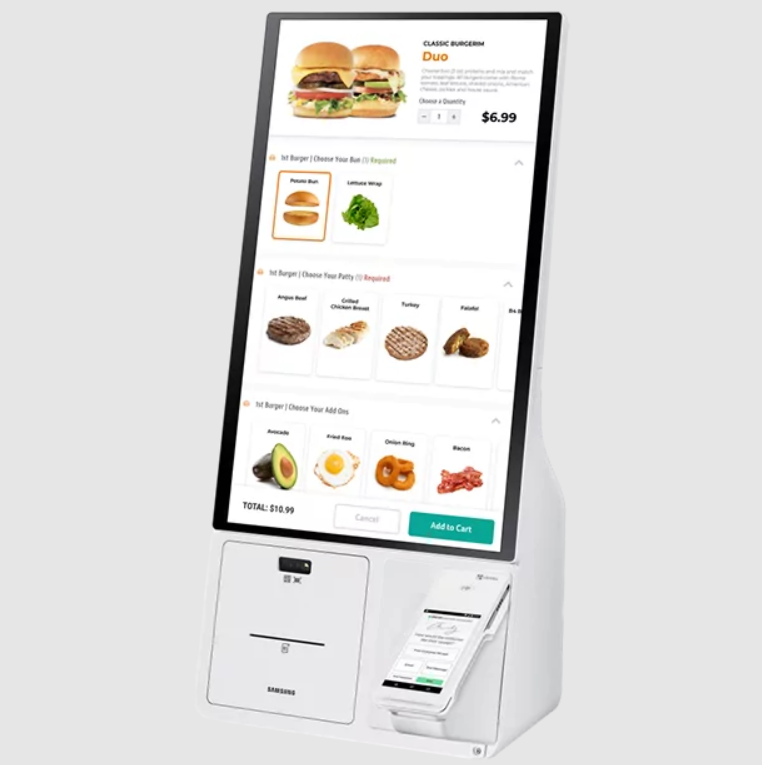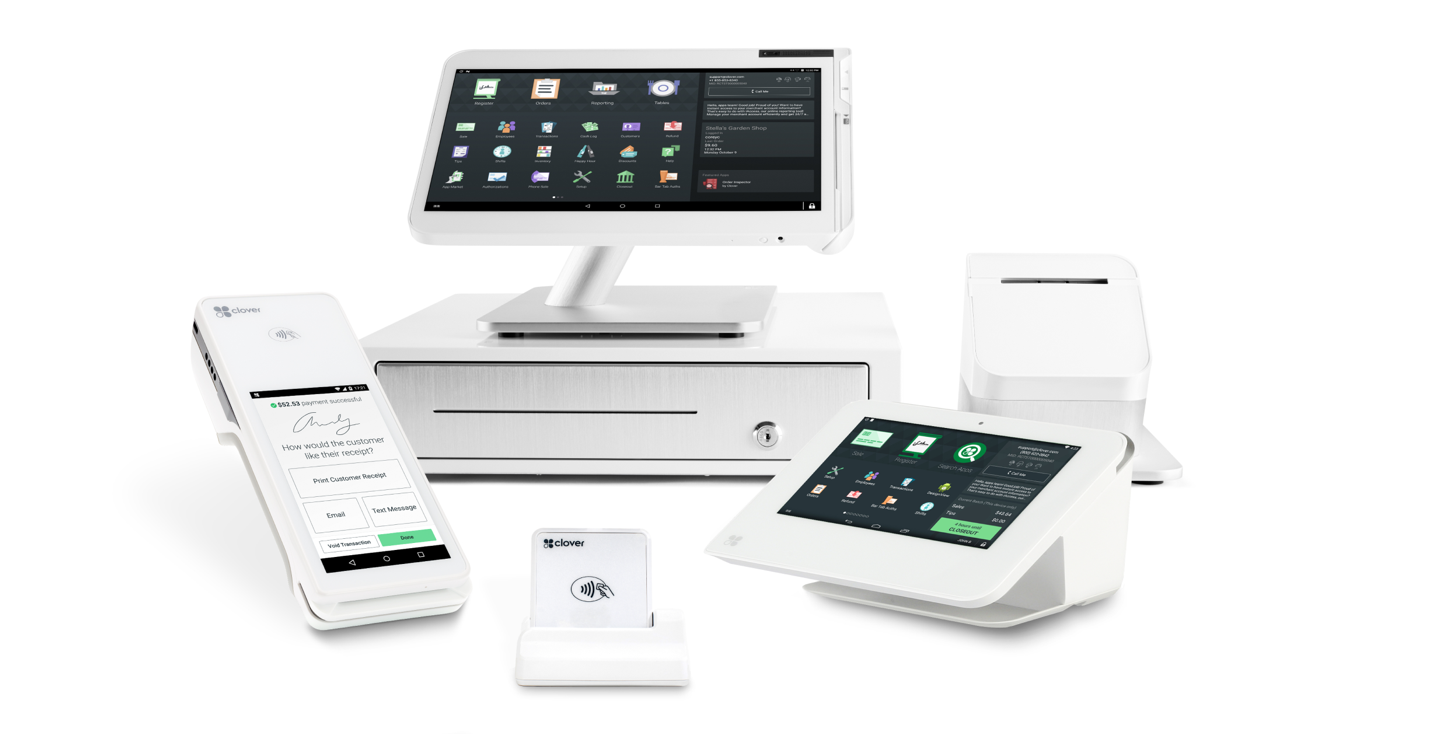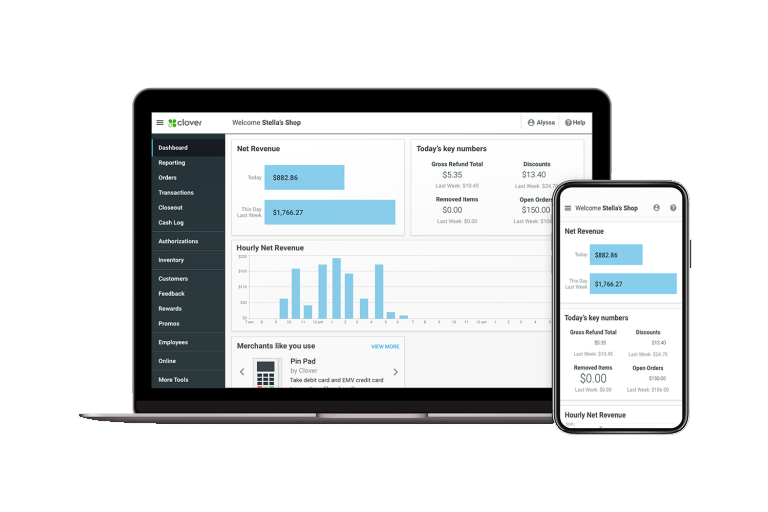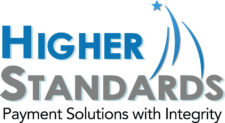Credit card processing fees can be confusing. Every credit or debit card transaction, whether in-person or online, costs money to process. These costs are passed to every merchant in the form of various processing fees. Understanding the different fees charged can help you choose the right payment processor for your business.
The most common payment processing fees include:
- Interchange Fees: These are fees set by the card-issuing banks using guidelines from the major card networks (Visa, Mastercard, etc.) and are paid by the merchant’s bank to the cardholder’s bank for each transaction. Interchange fees vary based on factors like card type (credit, debit, rewards), transaction method (card-present, card-not-present), and industry.
- Assessment Fees: These fees are charged by the card networks (Visa, Mastercard, etc.) for using their payment processing infrastructure. They are typically a small percentage of the transaction amount.
- Processing Fees: These are fees charged by the payment processor, such as Fiserv, for handling the transaction. These fees vary by processor can can be either flat fees per transaction or percentage-based fees on the transaction amount.
- Monthly Statement Fees: Some processors charge a monthly fee for providing statements detailing your transactions. This is typically a “record-keeping” fee.
- Monthly Minimum Fees: If you don’t meet a certain transaction volume threshold, you might be charged a fee to make up the difference. (Higher Standards doesn’t have a monthly minimum fee.)
- PCI Compliance Fees: These fees might be charged if you need to maintain Payment Card Industry Data Security Standard (PCI DSS) compliance. It ensures that your business handles cardholder data securely.
- Chargeback Fees: If a customer disputes a transaction and initiates a chargeback, there is a fee associated with handling the dispute.
- Terminal or Equipment Fees: These are the monthly payments for any terminals or other equipment you lease or rend from the payment processor.
- Gateway Fees: If you’re processing online payments, you might need a payment gateway, and there could be fees associated with using it.
- Cross-Border or International Fees: If you process international transactions, there could be additional fees for currency conversion and international processing.
- Non-Qualified Transaction Fees: If certain conditions are not met for a transaction (e.g., not using address verification for card-not-present transactions), you might incur higher fees. Most business and government cards fall into the non-qualified category.
- Early Termination Fees: Some processors have contracts with cancellation fees if you terminate your agreement before the contract term is up. (Higher Standards doesn’t charge early termination fees.)
The individual fees and the amount of those fees charged vary from one payment processor to another. When you’re comparing fees between payment processors, make sure you take into account all fees charge; a deceptively low rate for one type of fee may be offset by higher rates on more “hidden” fees.
Higher Standards seeks to offer the best combination of fee rates for each of our customers. Combined with our superior hand-on service, we know we’re offering the best payment processing packages available today.
To learn more about payment processing fees and our rates, contact your Higher Standards expert advisor or click here.









